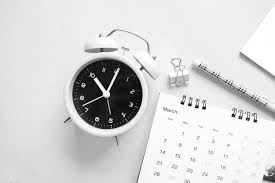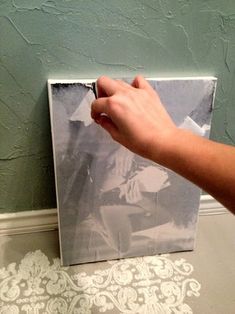Resume for a Medical Writer

Introduction:
A well-crafted resume is essential to standing out in the competitive medical writing job market. Your document must highlight your strengths, demonstrate your expertise, and showcase your ability to communicate clearly and concisely. In this article, we’ll discuss how to craft a winning resume for a medical writer position.
1. Start with a strong summary
Begin your resume with a professional summary that concisely articulates who you are, your experience in medical writing, and what you excel at doing. Tailor this section to the specific job by focusing on the most relevant qualifications for the role.
Example: Highly skilled Medical Writer with over 6 years of experience in crafting clear, concise, and engaging scientific publications and presentations for pharmaceutical and biotechnology companies. Adept at translating complex medical concepts into easy-to-understand language for various audiences.
2. Showcase your education
Highlight your academic background by listing your relevant degrees and certifications. It’s especially important to include any specialized training in medical writing or related disciplines, such as science journalism or clinical research.
Example:
– Bachelor of Science in Biology, XYZ University
– Master of Science in Biomedical Communications, ABC College
– American Medical Writers Association (AMWA) Certification
3. Focus on your experience
Dedicate a section of your resume to extensive descriptions of your past roles and accomplishments. Emphasize experiences that directly demonstrate your expertise as a medical writer such as:
– Developing content for various formats like scientific manuscripts, educational materials, clinical trial documentation, regulatory submissions, etc.
– Collaborating with subject matter experts to ensure accuracy
– Managing projects from conceptualization to completion under tight deadlines
4. Highlight technical skills
Demonstrate proficiency in the tools that are essential for success in the field of medical writing:
– Document control systems (e.g., Documentum)
– Reference management software (e.g., EndNote, Mendeley)
– Medical databases (e.g., PubMed, MEDLINE)
– Desktop publishing and graphic design tools (e.g., Adobe Creative Suite, Microsoft Office)
5. Showcase writing samples
Include a portfolio or collection of writing samples to exhibit your talent. Link to relevant articles, publications, and presentations that reflect your ability to communicate complex medical information effectively.
6. Keep the presentation polished
Proofread your resume thoroughly for grammar and spelling errors before submitting it. The quality of your writing and attention to detail are especially crucial for a medical writer position.
Conclusion:
A stellar resume is a crucial component of your medical writer job search arsenal. By emphasizing your relevant experience, technical skills, and accomplishments, you can craft a resume that sets you apart from other candidates and lands you the perfect opportunity. So polish that document with care – your career depends on it!






